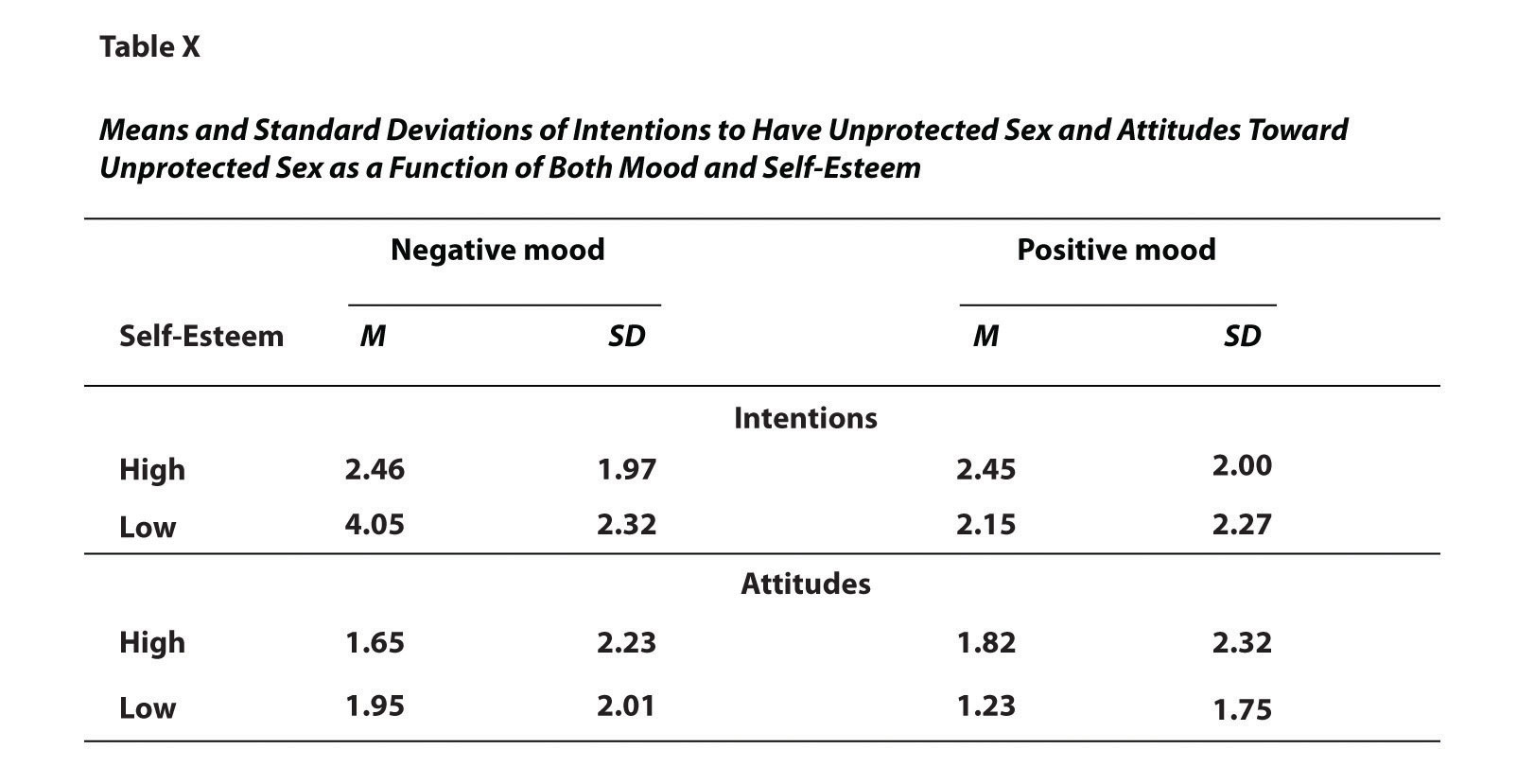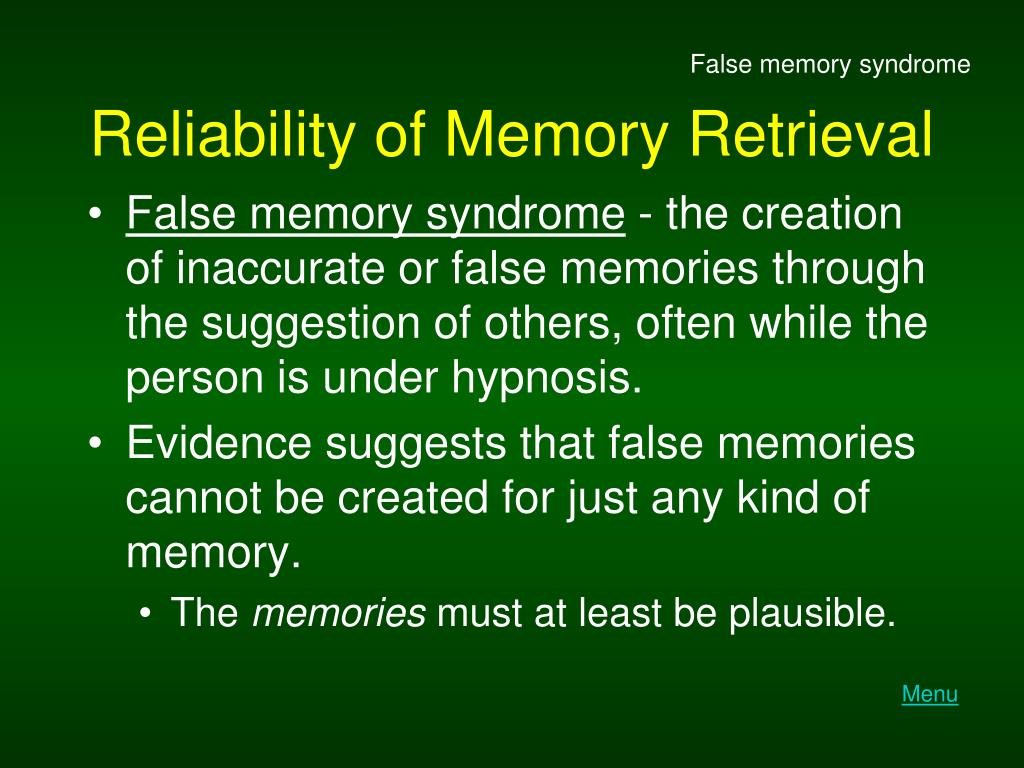


So one of the young men went, but the other returned home.Īnd the warriors went on up the river to a town on the other side of Kalama.

But you," he said, turning to the other, "may go with them." My relatives do not know where I have gone. One of the young men said,"I have no arrows."

We are going up the river to make war on the people." "What do you think? We wish to take you along. There were five men in the canoe, and they said: Now canoes came up, and they heard the noise of paddles, and saw one canoe coming up to them. They escaped to the shore, and hid behind a log. Then they heard war-cries, and they thought: "Maybe this is a war-party". One night two young men from Egulac went down to the river to hunt seals and while they were there it became foggy and calm. If memory is Reconstructive, then can it be trusted to tell us the truth? Can we trust our own memories? This is a theory with important implications for policing and the courts as well as journalism and everyday life.It goes against the typical features of the Cognitive Approach, since it rejects the idea of memory being like the sort of information processing used by a computer - it's much more creative but less reliable than that!.It shows how scientific research proceeds, because Bartlett’s fairly unscientific research in the 1930s was improved upon by Loftus, who mounted much more rigorous lab experiments in the ‘70s and ‘80s.This theory is significant for students in other ways: Loftus argued that Reconstructive Memory implies that eyewitnesses to crimes will often be unreliable. Instead, it changes or “ reconstructs” them imaginatively.īartlett’s ideas were neglected for decades but were brought back into the mainstream again when they were supported by experimental research by Elizabeth Loftus. Bartlett’s central insight was that memory is not like a tape recorder: it doesn’t faithfully play back our experiences. This theory was proposed by Sir Frederick Bartlett, one of the early figures in memory research.


 0 kommentar(er)
0 kommentar(er)
